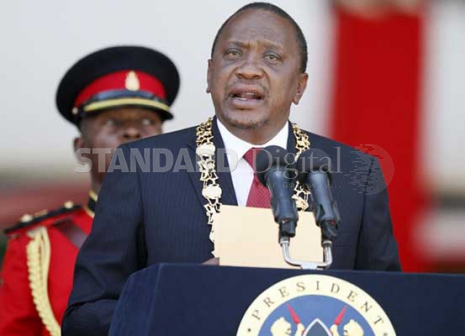
The new Jubilee regime has a serious legitimacy challenge to address. In political science, legitimacy is recognition of authority by the governed. In 2006, Prof Tom Tyler of Yale University published a book titled Why People Obey the Law. A more radical approach could as well have titled this book Why People Don’t Obey the Law. The bottom line is legitimacy. People comply and cooperate with power because they recognise the ruler. Can those who boycott what they consider a bad election recognise the person said to be elected?
If we participate in the process that puts you in office, you are legitimate, even if we voted against you. If we boycott the voting because we think it is flawed, you have legitimacy challenges. We don’t feel obliged to obey you. Prof Tyler draws a clear distinction between legitimacy and legality. The class that exercises political power in Kenya may want to read Tyler. It may also want to read such other luminary scholars as Allen Buchanan, Russell Hardin and Richard Flathman, among others.